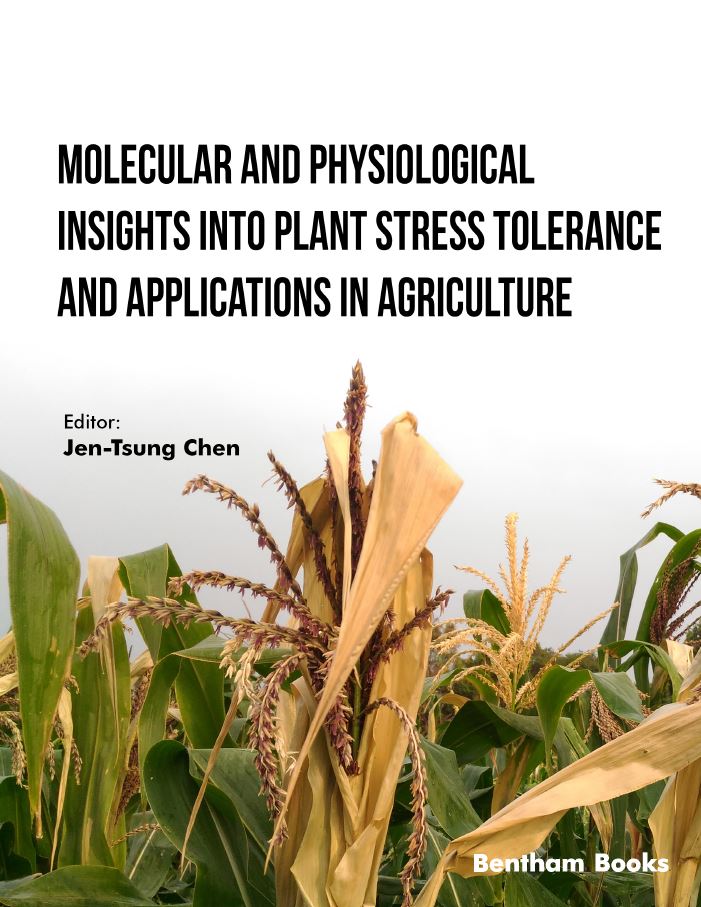The Role of Functional Genomics to Fight the Abiotic Stresses for Better Crop Quality and Production

- Authors: Neha Sharma1, Bharti Choudhary2, Nimisha Sharma3
-
View Affiliations Hide Affiliations1 IILM University, Greater Noida, Uttar Pradesh 201306, India 2 IILM University, Greater Noida, Uttar Pradesh 201306, India 3 Indian Agricultural Research Institute, New Delhi, India
- Source: Molecular and Physiological Insights into Plant Stress Tolerance and Applications in Agriculture , pp 28-39
- Publication Date: November 2023
- Language: English
The Role of Functional Genomics to Fight the Abiotic Stresses for Better Crop Quality and Production, Page 1 of 1
< Previous page | Next page > /docserver/preview/fulltext/9789815136562/chap3-1.gif
Plant quality, growth, yield and productivity are repeatedly affected by different abiotic stresses. It sometimes becomes a major upcoming threat to food security when the stress is on some staple crops. Stress-associated gene expression or no expression leads to abiotic stress tolerance, which is an outcome of complex signal transduction networks. Different plants have evolved with diverse, complex signaling networks concerning abiotic stresses. With the advancement of bioinformatics and functional genomics, in particular, many researchers have identified many genes related to abiotic stress tolerance in different crops, which are being used as a promising improvement in abiotic stresses. Different techniques of genome editing also play an important role in combating abiotic stresses. This chapter represents the knowledge regarding stress-tolerant mechanisms using technologies related to the field of functional genomics and may benefit the researchers in designing more efficient breeding programs and eventually for the farmers to acquire stress-tolerant and high-yielding crops to raise their income in the future.
-
From This Site
/content/books/9789815136562.chap3dcterms_subject,pub_keyword-contentType:Journal -contentType:Figure -contentType:Table -contentType:SupplementaryData105

